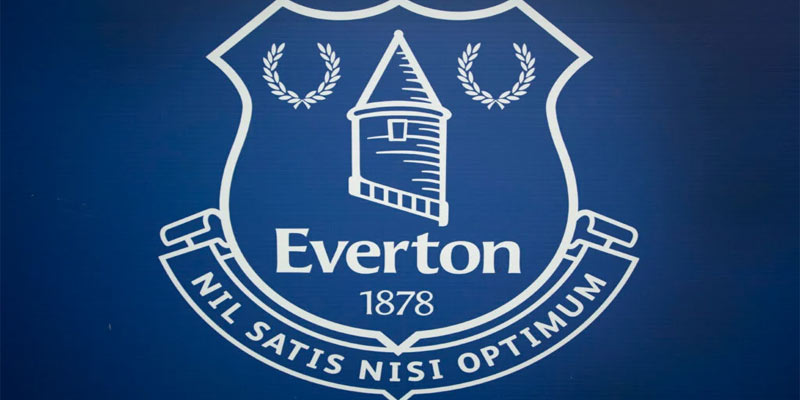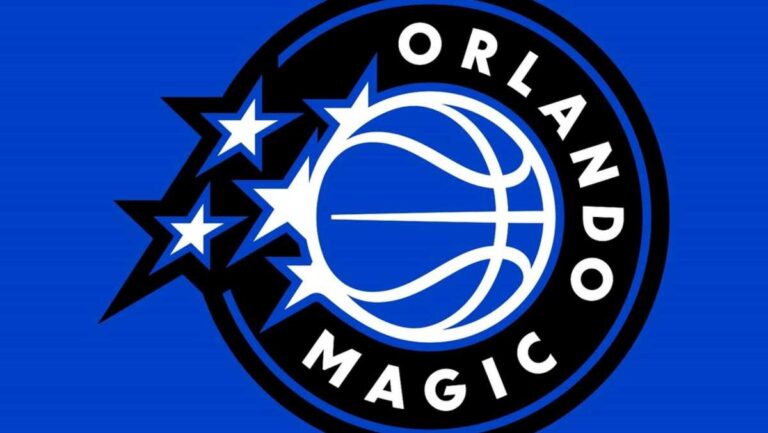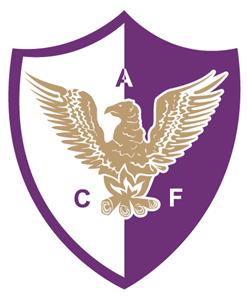
Everton FC: A Rich History and Key Achievements
Everton FC, founded in 1878, is one of England’s most historic football clubs, celebrated for its legacy, passionate supporters, and iconic presence in Liverpool. With a deep-rooted culture and proud traditions, the club continues to inspire generations of fans across the globe. Discover more about the legacy and football excitement at New88.
An Overview of Everton FC’s History
Everton FC was founded in 1878, originally as St. Domingo’s FC to cater to the local Methodist community. The club later adopted the name Everton FC and is recognized as one of the oldest professional football clubs in the world. It joined the English Football League in 1888, becoming one of the league’s 12 founding members.
The Early Years
The formative years of Everton FC were characterized by rapid growth and determination. The club played its early matches at Anfield before moving to Goodison Park in 1892, which became its home to this day. The move was significant not just for the club but also for the evolution of football in England, as Goodison Park became the first stadium in the world to have a purpose-built stand.
During its initial decade, the club faced challenges, including financial difficulties and competitive pressures. However, Everton managed to secure its first league title in the 1890-91 season and continued to rise in stature, claiming its first FA Cup in 1906.
The Golden Era
The mid-20th century is often regarded as Everton’s golden era, with the club securing multiple league titles and FA Cups. Legendary players like Dixie Dean, who remains the club’s all-time top scorer, were instrumental during this period. Dean’s exceptional goal-scoring ability, combined with his larger-than-life personality, captured the imagination of fans and established him as an everlasting icon in the club’s history.
The 1960s brought further success, with the club clinching two league titles and the FA Cup in 1966. This era solidified Everton’s reputation as a dominant force in English football.
Transition and Challenges
With success came challenges, and the 1980s saw a decline in fortunes for Everton FC. Despite winning the league and European Cup Winners’ Cup titles, internal issues and financial instability led to a lack of consistency on the pitch. However, the club redeemed itself in the late 1980s, winning two league titles, an FA Cup, and achieving a memorable victory in the 1985 European Cup Winners’ Cup.
Key Achievements of Everton FC
From legendary players to a fierce rivalry with Liverpool FC, Everton’s journey includes major trophies, a thriving youth academy, and a dedicated fanbase. Its community outreach and future ambitions highlight a club that’s more than football. For more details, Nổ hũ New88.
Domestic Success
Everton’s domestic achievements are a testament to its enduring legacy in the English game. The club has:
- 9 League Titles
- 5 FA Cups
- 9 Charity Shields
These victories highlight the club’s competitiveness and resilience throughout its history. The successful eras in the 19th and 20th centuries reflect the club’s ability to adapt and thrive despite changing circumstances.
European Ventures
In addition to domestic success, Everton has made its mark on the European stage. Notable achievements include:
- Winner of the European Cup Winners’ Cup in 1985
- Reaching the quarter-finals of the UEFA Champions League in its inaugural season (1992-93)
While Everton is often overshadowed by other English clubs in Europe, its triumph in the Cup Winners’ Cup remains a proud chapter in the club’s history, demonstrating that the Toffees can compete with the best.
Continued Relevance
As of the current season, Everton continues to strive for excellence in domestic and European competitions. The formation of strategies for player recruitment and long-term vision for management demonstrate the club’s intention to regain its status.
Everton FC’s Iconic Players Through the Years
Over the decades, numerous players have donned the blue shirt with pride and left a lasting impression on the club’s history.
Historical Greats
Among the earliest legends of the club is Dixie Dean, who, throughout the 1920s, set the standard for goal-scoring prowess. With an unmatched 60 goals in a single season, Dean’s contributions transcended statistics, making him an enduring symbol of the club.
Another crucial figure was Alan Ball, who became a lynchpin in the 1960s and is remembered not just for his talent but also for his fiery spirit. His role in the 1966 FA Cup-winning team showcased his importance in club folklore.
Recent Icons
More recently, players like Tim Cahill, whose explosive performances and knack for crucial goals endeared him to fans, have left an indelible mark on the club. Cahill’s unyielding commitment on the field with his characteristic celebration after scoring has sealed his place in Everton’s pantheon of greats.
Another noteworthy mention is Fellaini, who had a significant impact in the early 2010s with his unique playing style and versatile role on the pitch.
The Influence of Modern Legends
Players such as Leighton Baines and Romelu Lukaku played pivotal roles in the club’s attempts to reclaim its standing within the Premier League. These players exhibited skill, professionalism, and leadership qualities that have brought Everton FC back into contention.



